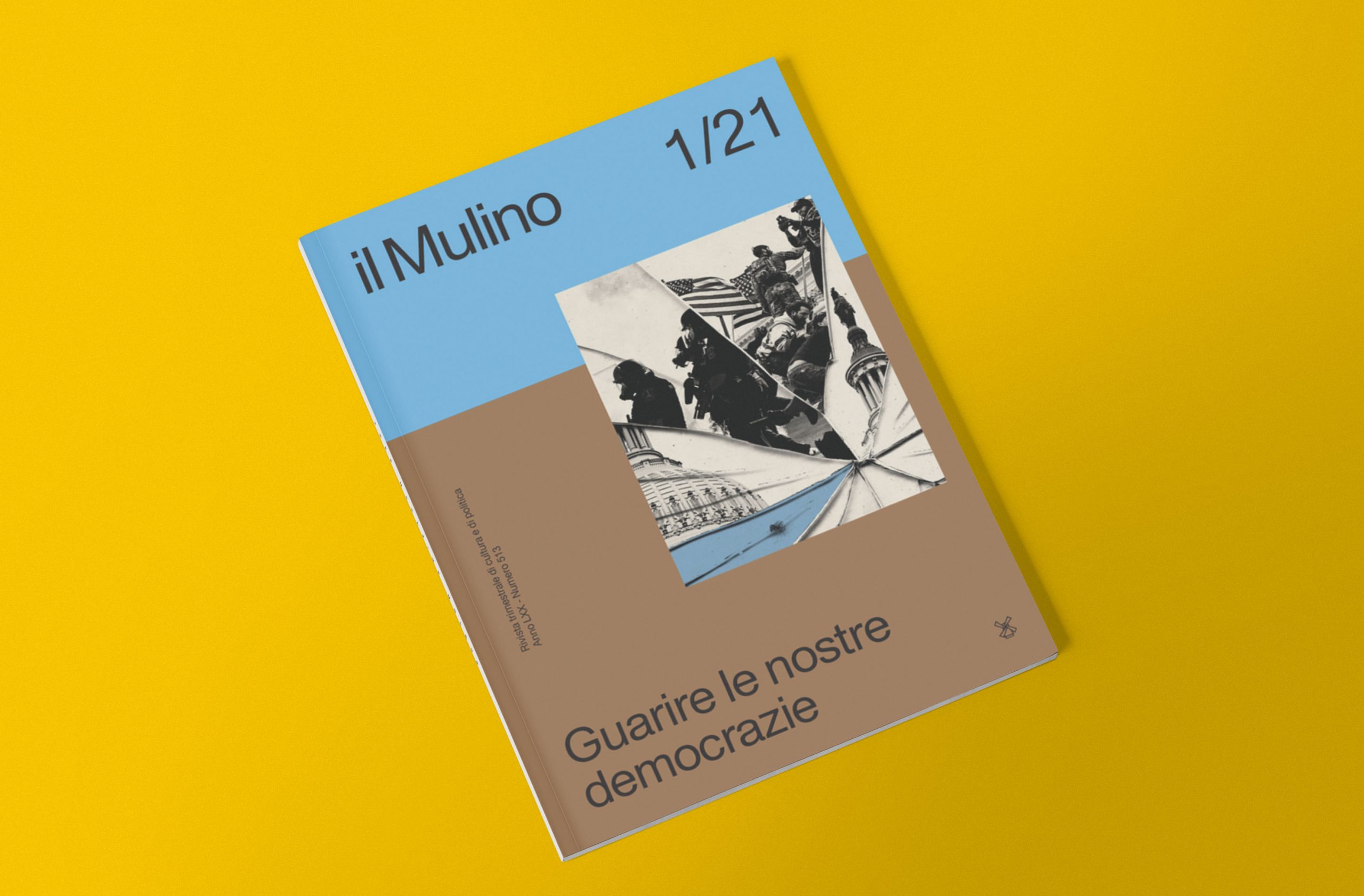In this anniversary edition of ‘il Mulino’, the journal and its content receive a makeover, with crises in democracy taking centre stage. Including the search for: honest liberal politics; sanity in party politics; and a post-austerity, green and mutual European Union.
The storming of the Capitol last January was an important test. While few would want to legitimize the violence of insurgents, dismissing Trumpism as a pathology and labelling its followers as a ‘basket of deplorables’ would be too simplistic. The mainstream explanation for the rise of authoritarian populism ‘relies almost exclusively on psychological and moral flaws rather than on social and economic phenomena that erode democracy’s foundations,’ writes Mario Ricciardi. Liberalism must relinquish its neo-tendency to exercise power if it is to rediscover a normative dimension and principles of justice that support emancipation.

Party politics
The decline of parties as the core of political life is a phenomenon common to all mature democracies since the 1980s. In Italy, before the mani pulite (clean hands) corruption scandal in the 1990s, ‘parties were untouchable totems, because they embodied democracy, daughter of the Resistance movement,’ writes Piero Ignazi. However, both a returning Silvio Berlusconi and the Five Star Movement have since built their consensus on contempt for party politics.
Nevertheless, parties are still the ‘masters of play’ despite their long-lasting crisis. Mario Draghi’s technocratic government has been appointed to solve a political deadlock and enjoys temporary cross-party consensus. ‘But party politics never sleeps for very long,’ writes Ignazi, ‘it can be put on hold for a few months but then, fortunately, re-emerges.’
Recovery EU
Austerity and national reforms have long been the EU’s main engine of convergence. It therefore came as some surprise when the union’s coordinated COVID-19 response tabled the foundation of both a green transition and debt mutualization. The risk that we will return to the previous status quo once the emergency is over is real, yet ‘never before have the conditions been so favourable for correcting the distortions of European governance,’ writes economist Francesco Saraceno.
Published 5 May 2021
Original in English
First published by Eurozine
© Eurozine
PDF/PRINTPublished in
Newsletter
Subscribe to know what’s worth thinking about.
Related Articles

Far-right foreign policy in the age of MAGA 2.0
A conversation with Quinn Slobodian
For the US today, tariffs serve the same purpose as bombs. But Trump’s revival of 19th century-style economic imperialism may be alienating his international far-right allies – with one exception: Russia.

After six months of protests, there are grounds for hope that the tide is turning in favour of the Serbian student movement: first, the unification of the opposition around the movement’s demand for new elections; second, the emergence of a strategic alliance between the students and the EU.








